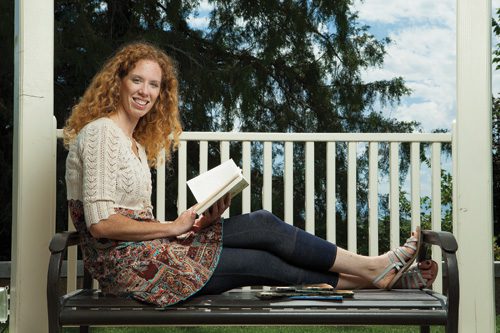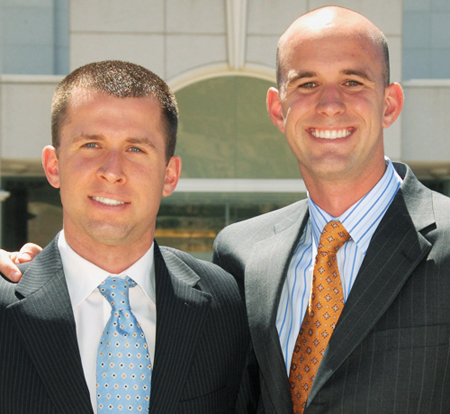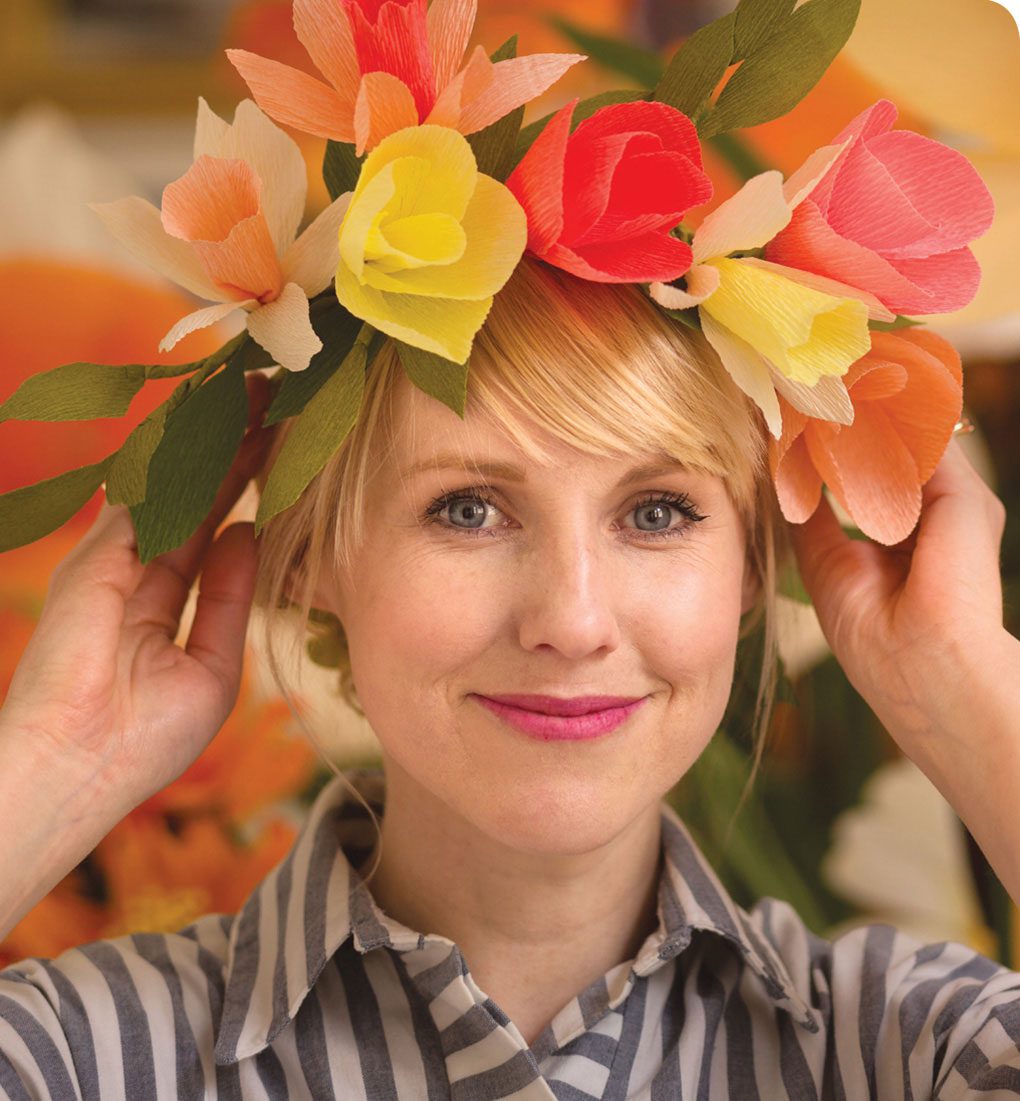By Tim Kennedy
It may be true that, as Shakespeare’s Juliet says, “A rose by any other name would smell as sweet.” But to Utah’s rose judge, C. Frank Williams, it takes a lot more than sweet scent to make a great rose.
Williams, a BYU professor of horticulture, is one of 24 individuals throughout the United States chosen by All-American Rose Selections (AARS), a non-profit organization dedicated to garden rose research, to judge the best new breeds of roses. Williams and his colleagues gather information about new rose breeds that will help gardeners know which roses will thrive in their personal gardens.
Williams, a turf science professor who researches yard waste composting, became involved with rose judging 20 years ago. “I was interested in growing a rose demonstration garden at BYU so people could enjoy the beauty of roses,” he says. “So I contacted the AARS and asked if I could plant a demonstration garden at BYU. Instead, they asked me to be a judge for the new breeds of roses. So I went through the application process and let the AARS visit the site to evaluate the conditions. Here I am, 20 years later, still judging the roses.”
As a rose judge, Williams is responsible for maintaining the test plot at BYU’s garden in Spanish Fork, Utah. The plot contains a variety of new breeds provided by rose growers for testing. Four times a year, Williams judges the roses on an assortment of criteria, including fragrance, vigor, disease resistance, color, and bud form.
After two years of careful evaluation, Williams submits his rose scores, which are compared with other scores from around the country to help rose growers determine which breeds will produce the best roses. AARS roses are distributed throughout the world, providing gardeners with roses that are not only beautiful, but also strong enough to bloom in their respective climates.
“Dr. Williams contributes greatly to our mission of promoting rose gardens,” says Tom Carruth, chairman of the AARS test committee. “He is fair and levelheaded in his judgment. He knows when a failing is a result of the garden and not the variety. Plus, he gives a very accurate picture of what the average garden is like.”
Carruth adds that it is important to have an AARS test garden in Utah. “The unique environmental conditions are excellent for determining which roses will grow with vigor and which won’t.”
While being a rose judge may not be financially rewarding, according to Williams’ wife, Karilyn, there are many other perks. “Frank brings me lots of roses,” she says. “There are definite benefits to marrying a horticulturist.”
What benefits does Williams get from judging roses? “Just the enjoyment of getting to judge the next great roses,” he says. “That’s all the satisfaction I need.”









